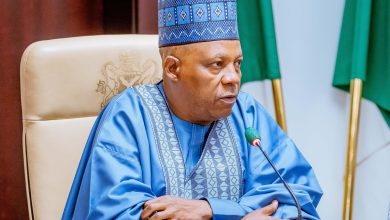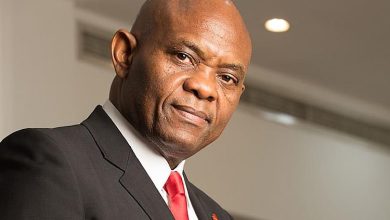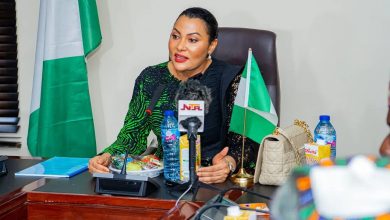CBN Publishes New Forex Rates as Naira Weakens for Third Consecutive Day
The naira has weakened for the third straight session, falling to ₦1,606 per dollar at the official market, as forex pressures continue to mount nationwide.
With dwindling oil revenues, high dollar demand, and economic uncertainties, experts warn the naira could fall further unless fresh foreign inflows stabilize the market soon.
The Central Bank of Nigeria (CBN) today updated its official exchange rates, revealing that the naira has now depreciated against the US dollar for three trading sessions in a row. As of Wednesday’s close, in the Nigerian Foreign Exchange Market (NFEM), the naira traded at ₦1,606.00 to US$1.00, down from ₦1,602.00 at Tuesday’s settlement and marking a continued slide in the official window.
A steady erosion of the Naira
Over the past week, the naira has shed value as pressure from both domestic and global factors intensifies. Key drivers include:
Lower Oil Revenues: A dip in global crude prices has narrowed Nigeria’s foreign‐exchange earnings, forcing the CBN to tap into its reserves to maintain liquidity in the FX market.
Heightened Dollar Demand: Importers and investors have ramped up dollar purchases in anticipation of further naira weakness, outpacing available supply despite CBN interventions.
Global Uncertainty: Renewed trade tensions and economic slowdowns in major economies have rippled through emerging markets, exacerbating capital outflows from Nigeria.
Reserve movements and policy actions
Nigeria’s foreign‐exchange reserves edged down slightly to US$38.55 billion on May 23, 2025, from US$38.56 billion the previous week . While the decline is modest, it underscores the CBN’s ongoing efforts to defend the naira via sporadic dollar sales. In recent months, the CBN has adopted a blend of tools to stabilize the currency:
Secondary Market Purchases: Stepping in to buy excess dollars at key intervals.
Open Market Operations (OMO): Adjusting liquidity through OMO sales and purchases to manage naira liquidity, indirectly influencing the FX rate.
Forward‐Sales Windows: Encouraging corporates to hedge foreign‐exchange exposure through regulated forward‐contracts.
Parallel market vs. official rates
Despite these measures, a wide gap remains between the official rate and rates in Nigeria’s parallel (black) market, where the naira has traded as weak as ₦1,650 to the dollar. That disparity fuels arbitrage and can undermine confidence in the official market’s stability.
Economists caution that without fresh foreign‐exchange inflows via increased oil earnings, diaspora remittances, or renewed foreign‐direct investment the naira could test new lows in the coming months.
As Nigeria navigates these headwinds, corporate treasurers and individuals alike will need to employ robust hedging strategies and monitor CBN interventions closely. The central bank’s next steps and any shifts in global commodity prices will be critical in determining whether the naira’s recent slide can be arrested or whether further declines lie ahead.



